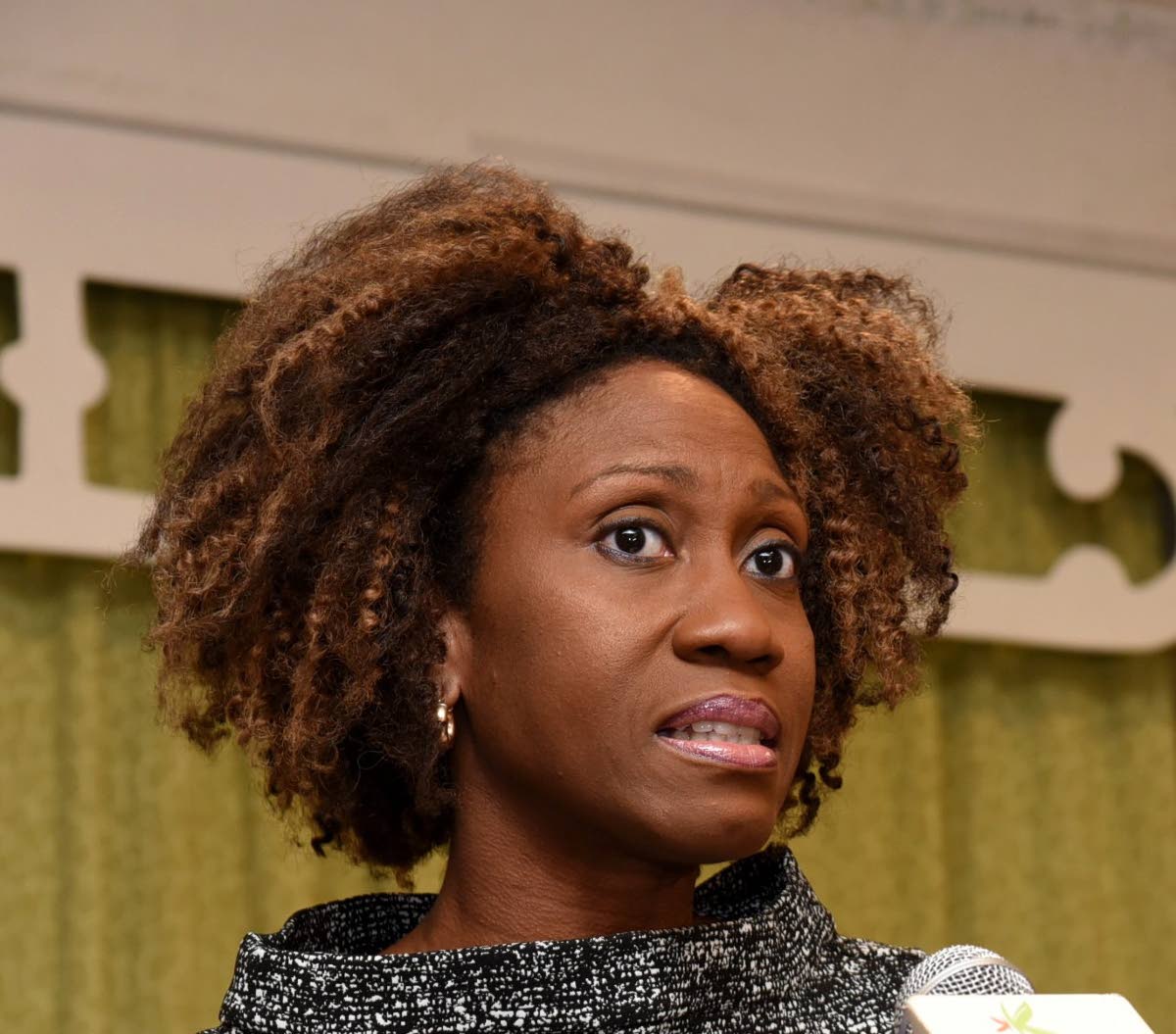(Jamaica Gleaner) The Jamaican mother of a three-year-old boy has been ordered to return the child to his father in United States amid a simmering year-long dispute that drew on international law governing child abduction.
The landmark case was anchored on the Hague Convention on the Civil Aspects of International Child Abduction 1980, to which Jamaica became signatory three and a half years ago, and a senior legal expert here believes it will offer a template for similar undertakings and deter aggrieved parents from going rogue.
While declining to speak in detail on the decision until she had combed through the judgment, Children’s Advocate Diahann Gordon Harrison told The Gleaner that the ruling was “major”.
“The fact that it is the first such decision, it will set the tone for how these matters are dealt with going forward,” Gordon Harrison, who is also special rapporteur on trafficking in persons, said.
“We are in a globalised community, and so what you are having increasingly is Jamaicans who are in relationships with persons who are not Jamaicans, and then they end up having offspring. When the marriage goes belly-up, or if it’s not a marriage relationship and one party travels overseas or comes back home, then who the child stays with becomes a major question,” Gordon Harrison, a former prosecutor, added.
Dejean Whitely and Monique Bennett got married on July 6, 2018 – exactly a year after their son was born – before moving to Boynton Beach, Florida.
Bennett travelled with the child to Jamaica on June 23, 2019, and did not return home.
On October 21, 2019, an application was filed under the Hague Convention on the Civil Aspects of International Child Abduction for the return of the child.
Attempts to find Bennett and the boy had been futile until a tip led local authorities to find them in Cane River, St Thomas.
The case centred on what was the minor’s habitual place of residence, and whether Whitely had waived his paternal rights by allowing for the visit to Jamaica, among other reasons. A bid to have a stay granted on the premise of perceived procedural error was dismissed.
Domestic Abuse Claim
Bennett had claimed that she was the victim of domestic abuse at the hands of Whitely and that the child would be in danger if he were returned to the custody of his father.
She also support her defence with Florida law, claiming that legislation recognised her as the “natural guardian” of the boy because he had been born out of wedlock.
Supreme Court Justice Lorna Shelly Williams, in a 28-page judgment, disputed Bennett’s claim that the child was settled, arguing that there was no evidence of deep social attachments to family, school, or church groups in Jamaica.
Justice Shelly Williams also found no evidence that the minor had become acclimatised to Jamaica. The judge also dismissed the claim that the father had abnegated his rights to the child when he allowed the mother to travel with the three-year-old.
“I find it remarkable that the claimant would have purchased two sets of airline tickets to enable the return of the minor if there was no agreement to do so, and I do not believe the defendant,” Justice Shelly Williams said.
Bennett also sought to buttress her defence on the claim that the child would be at grave risk because she was allegedly the victim of domestic abuse. She also hinted at Whitely’s negligence in relation to the handling of a licensed firearm.
Whitely admitted to inflicting bruises on Bennett, but charged that he was defending himself against her attacks.
Justice Shelly Williams said that while the couple’s relationship was toxic, there was no evidence that the child would be in danger.
“I note that with all the allegations of abuse made by the parties, neither party suggested that there had been any abuse meted out to the minor. The defendant contended that the claimant abused his older child, but this has been denied by the claimant,” Justice Shelly Williams said.
The judge also ruled that an American court should decide on the custody arrangements.
The child was scheduled to be returned to the United States by December 5.
The court also made provisions to protect the child’s interest by ordering that Bennett and her family could arrange visits to ensure the boy’s safety. The mother was also granted phone contact for at least 15 minutes daily at 7 p.m.
The firearm complaint is also to be investigated by Florida authorities.

